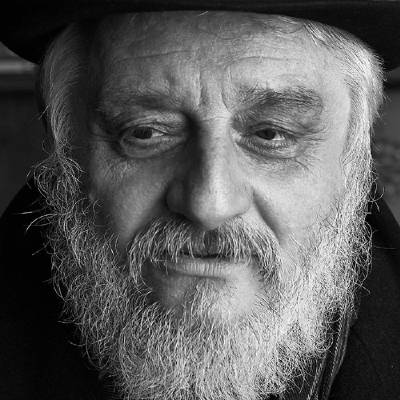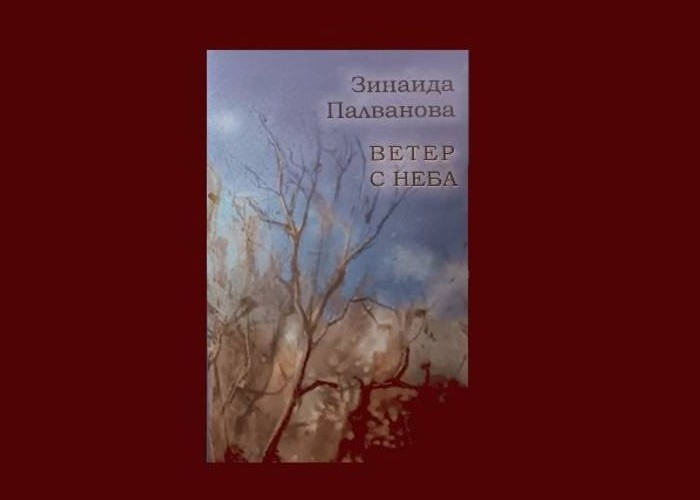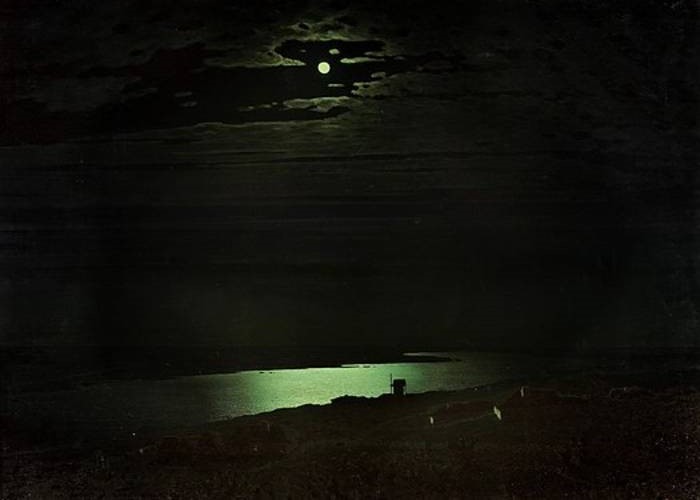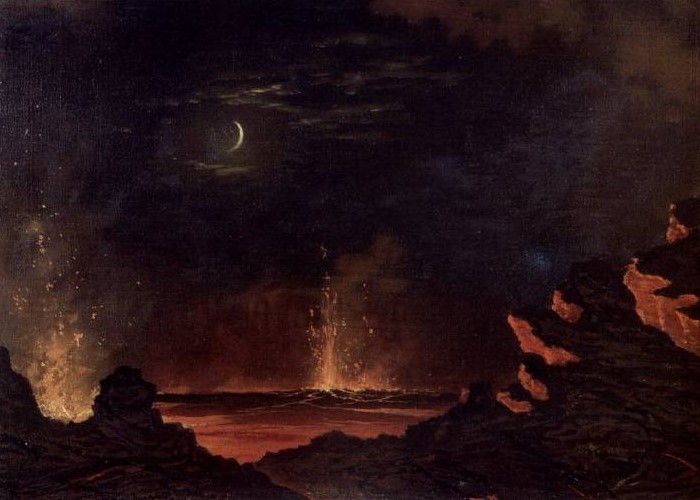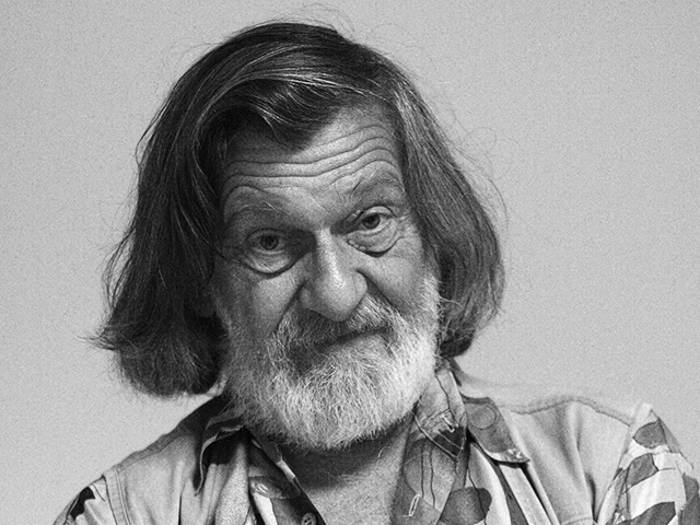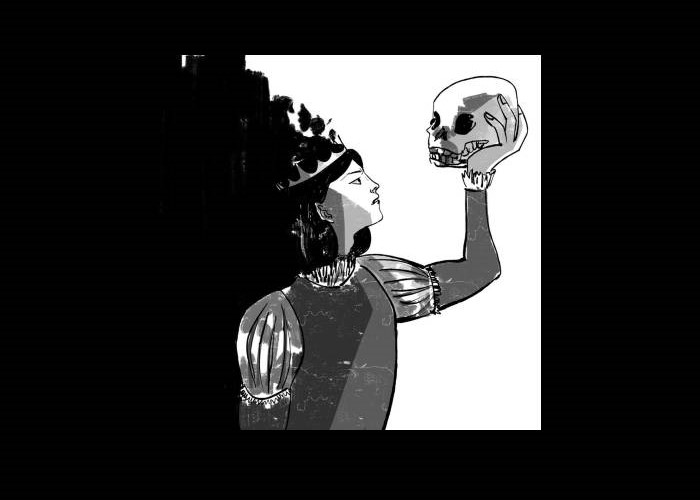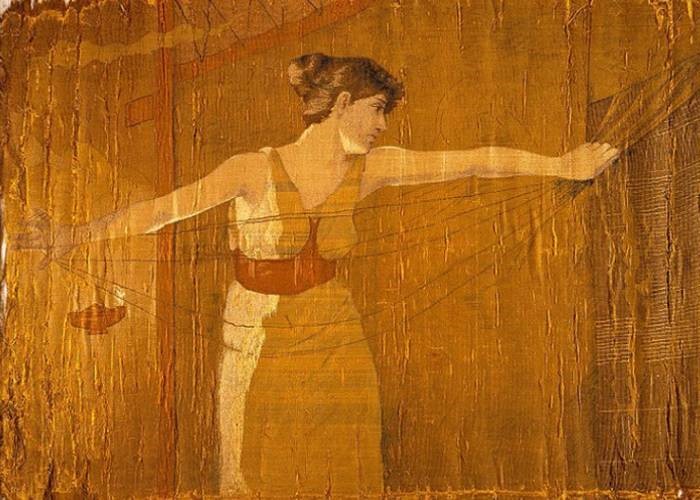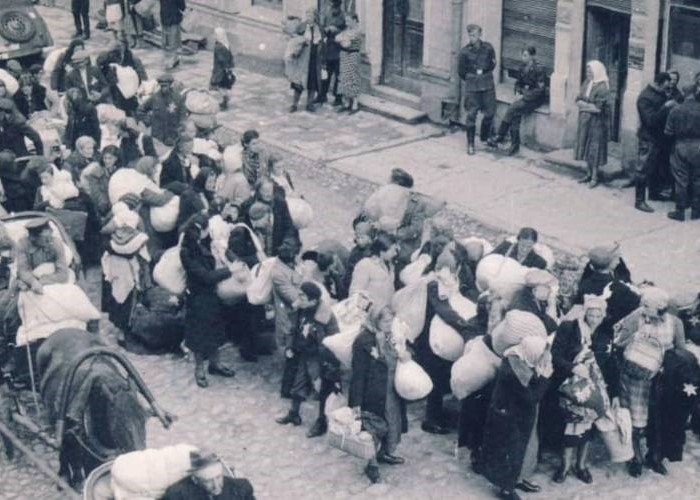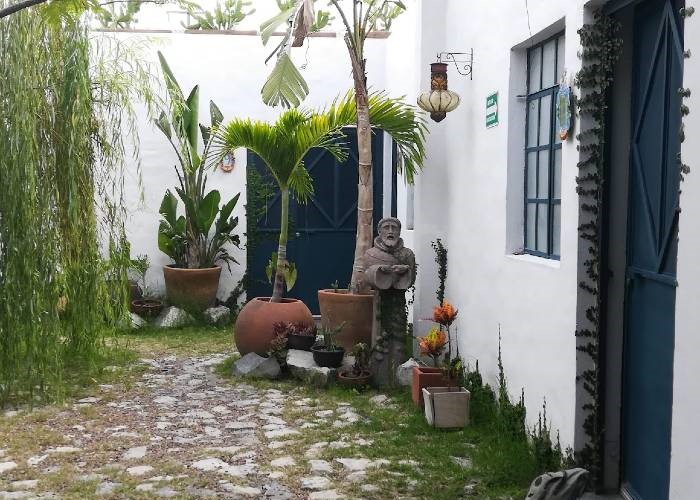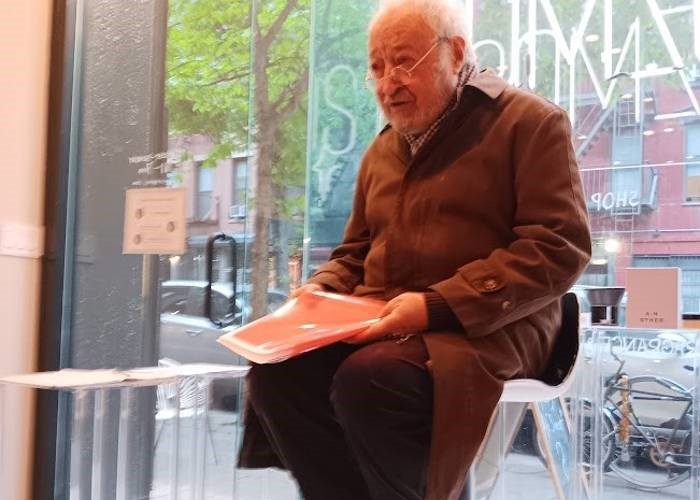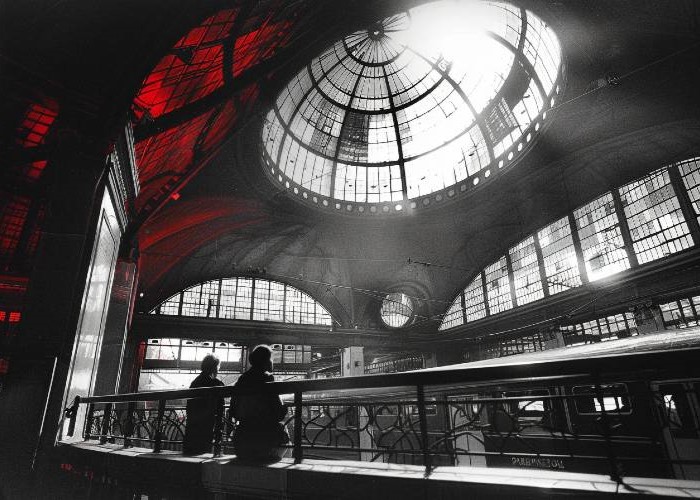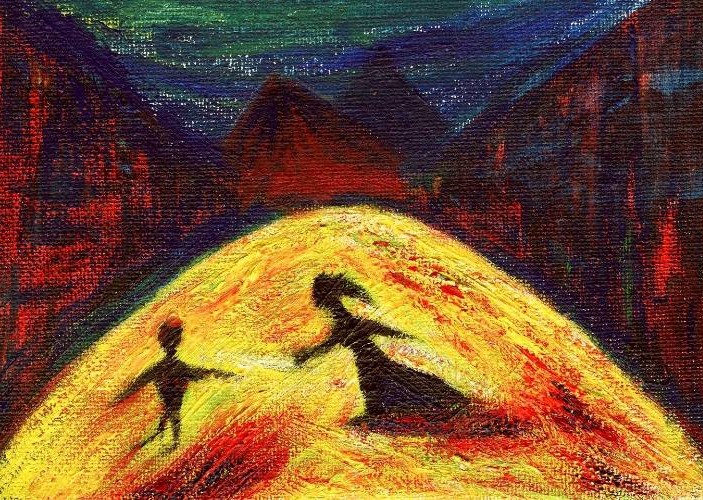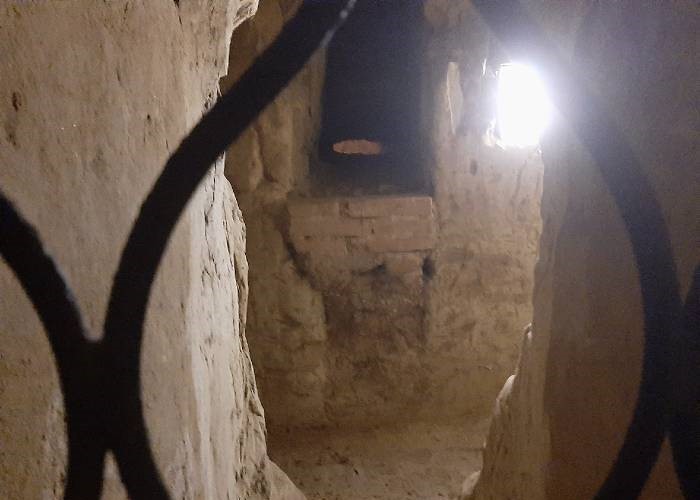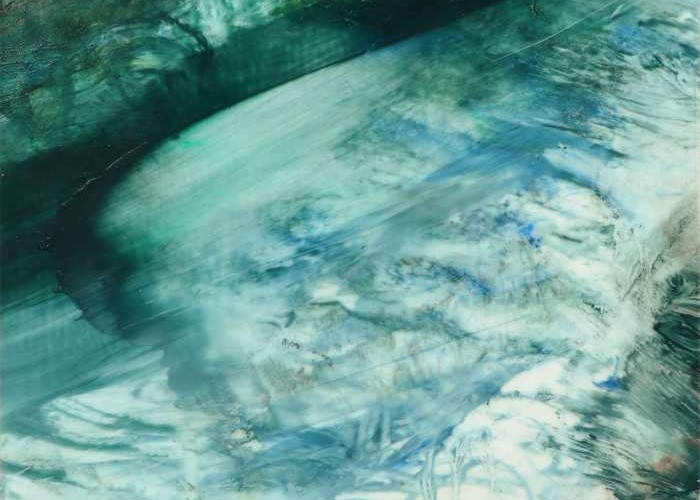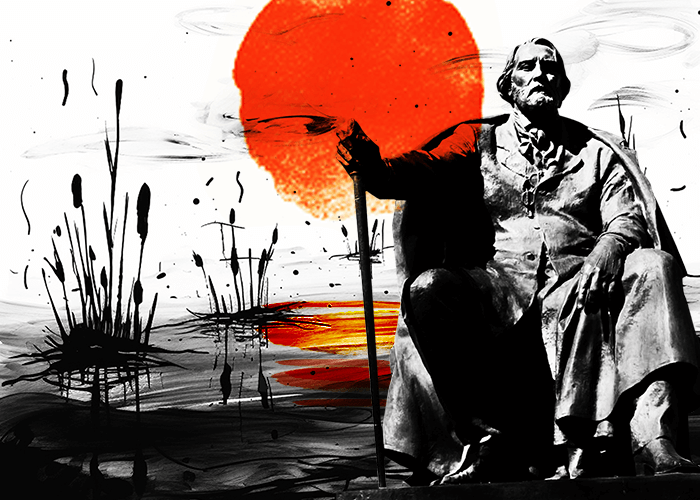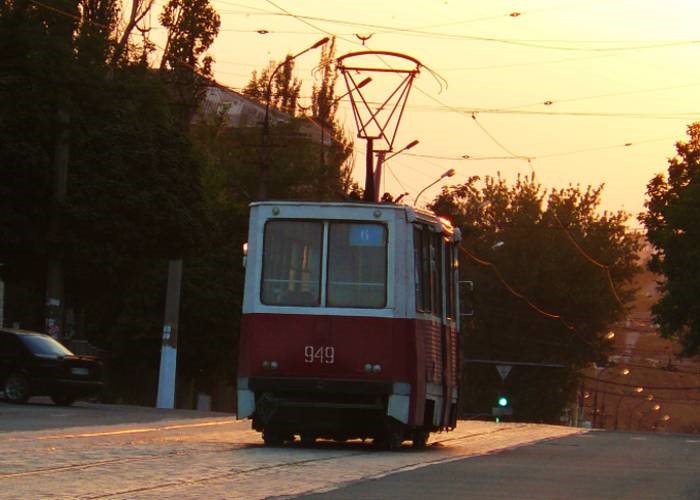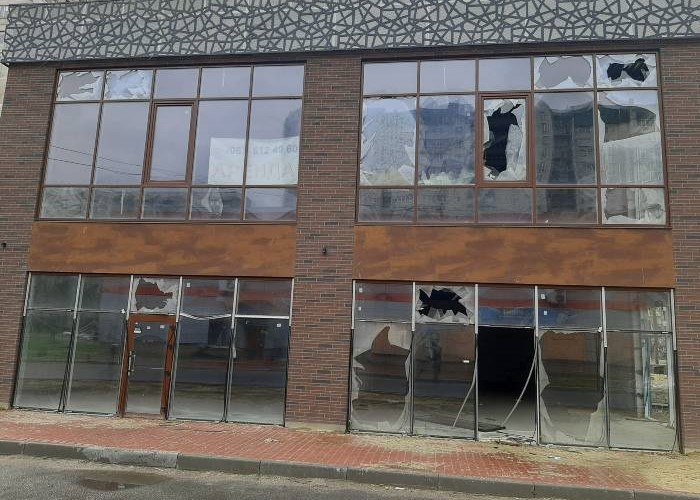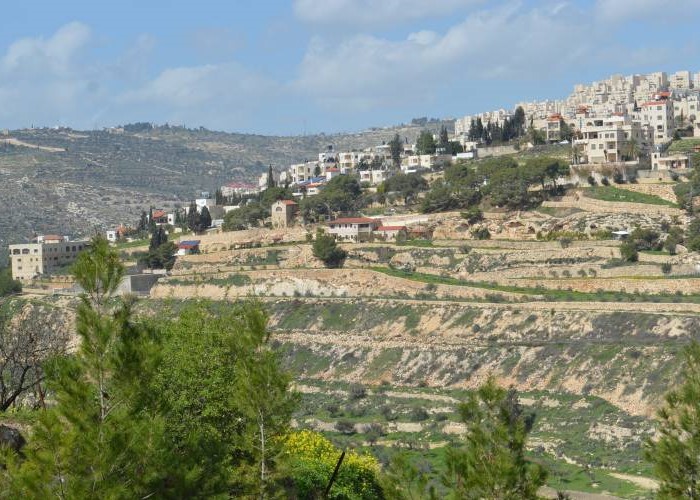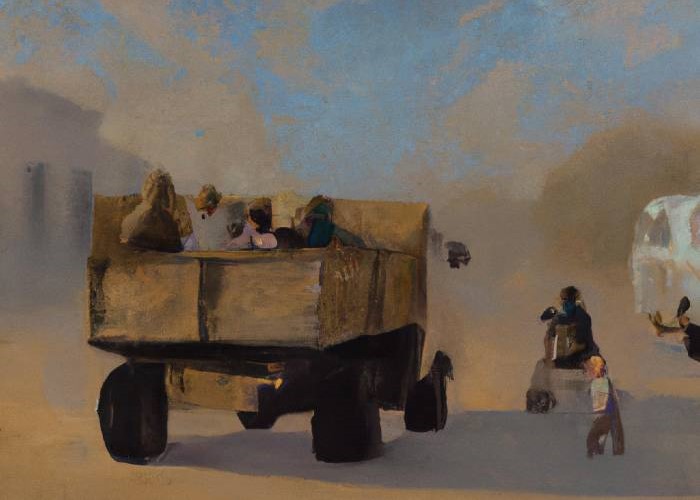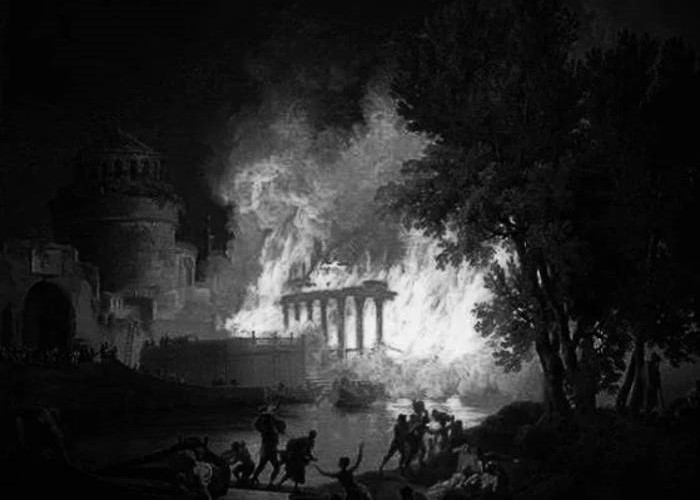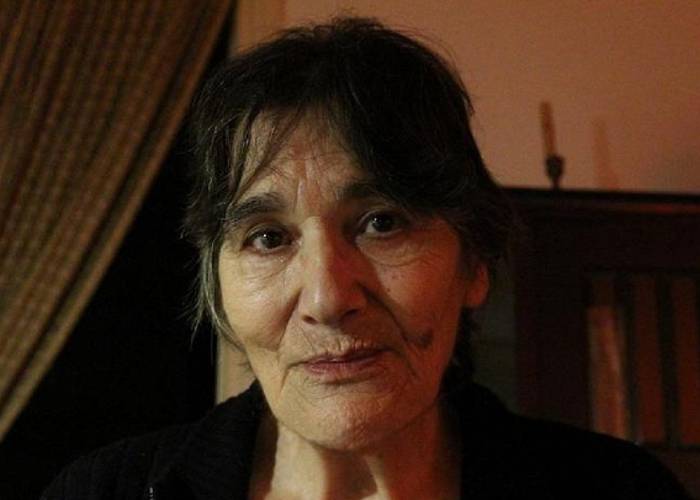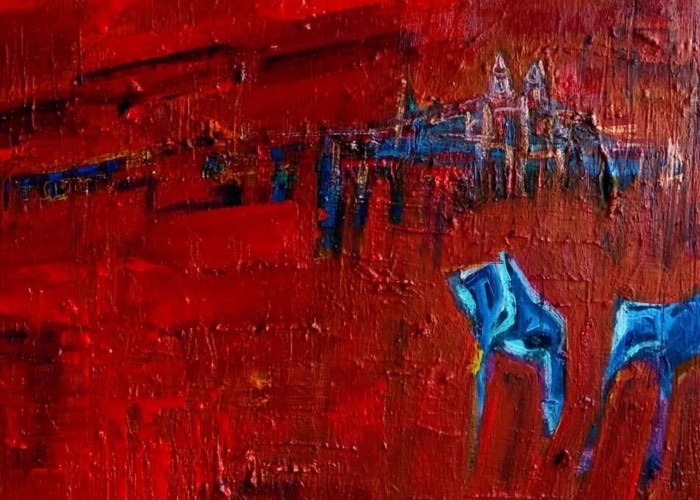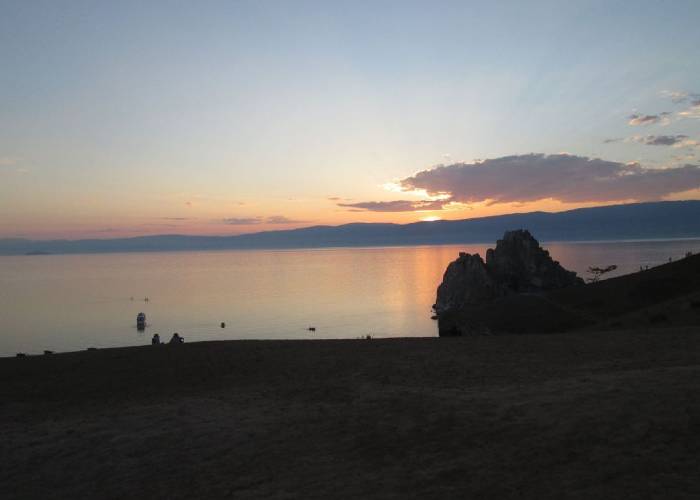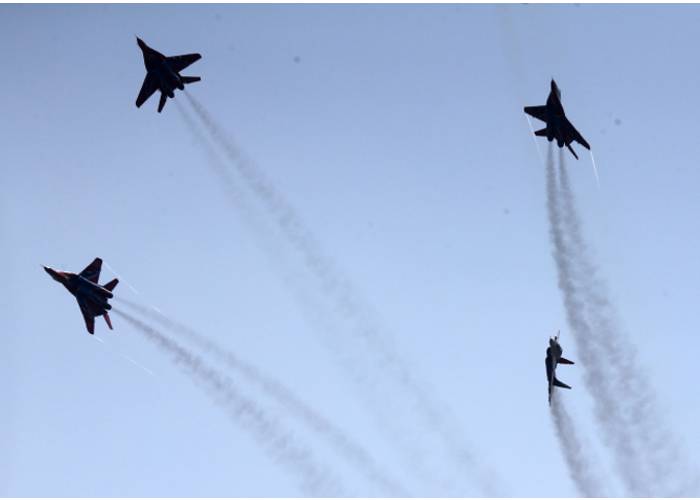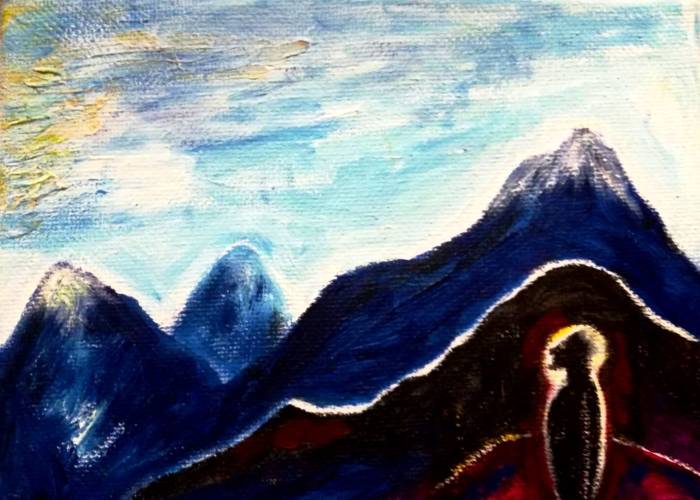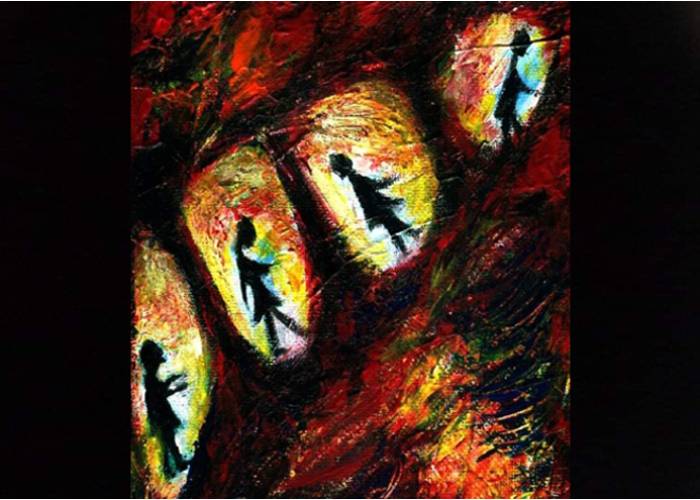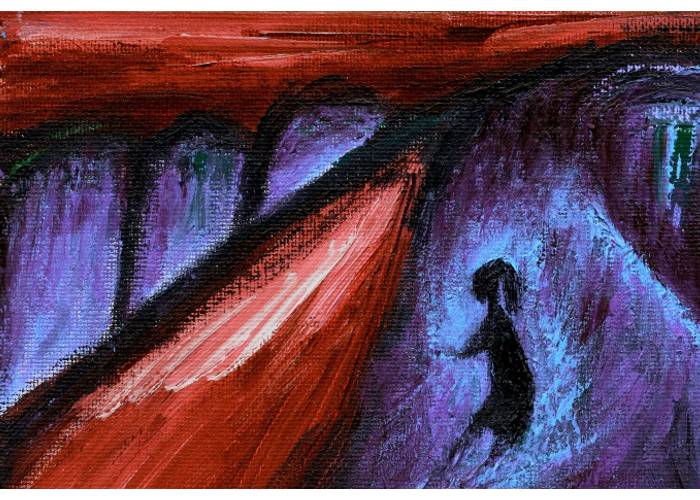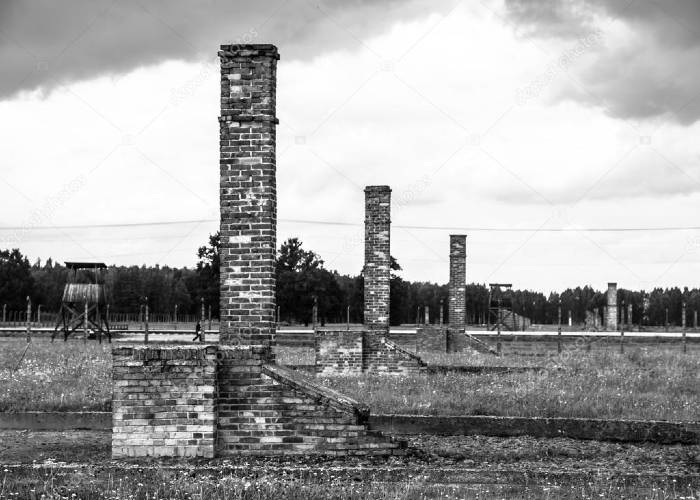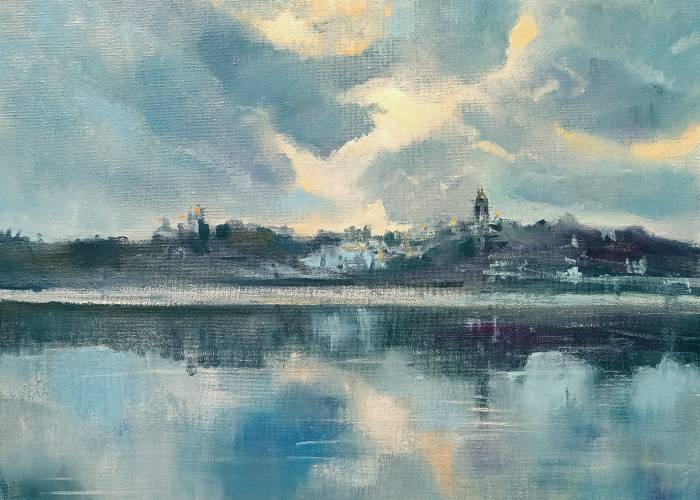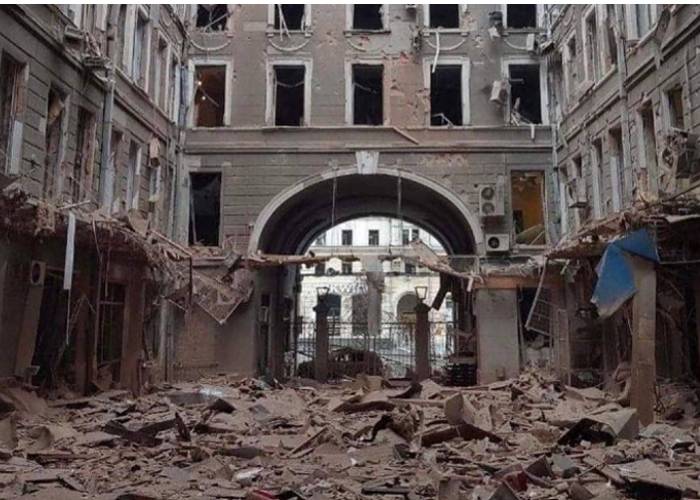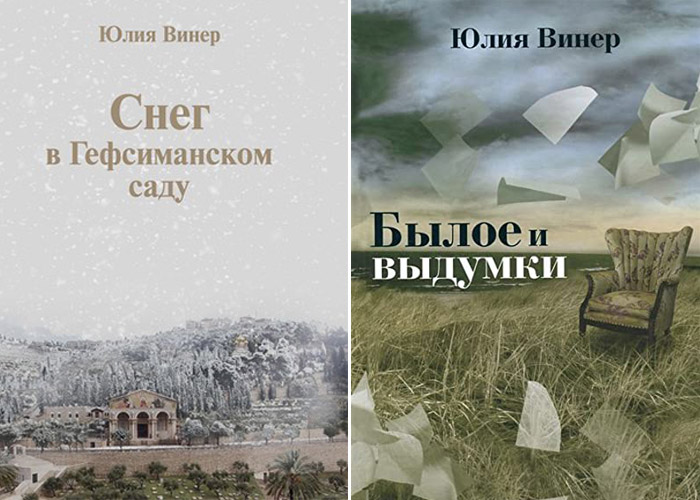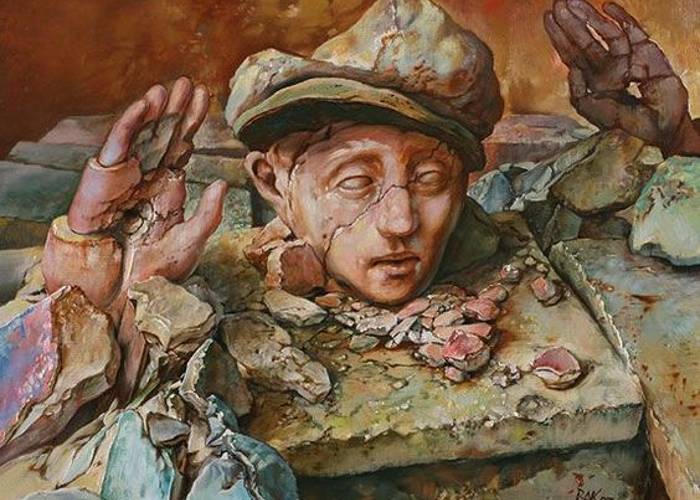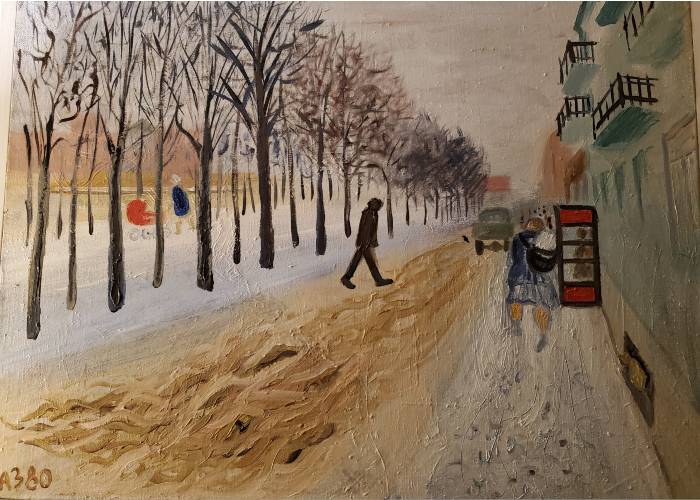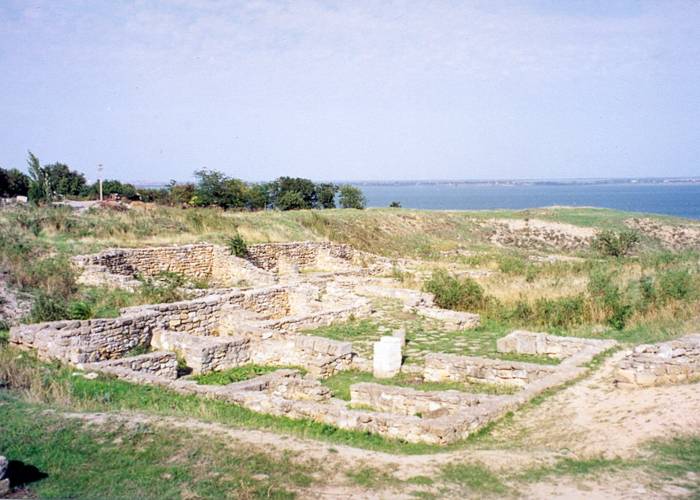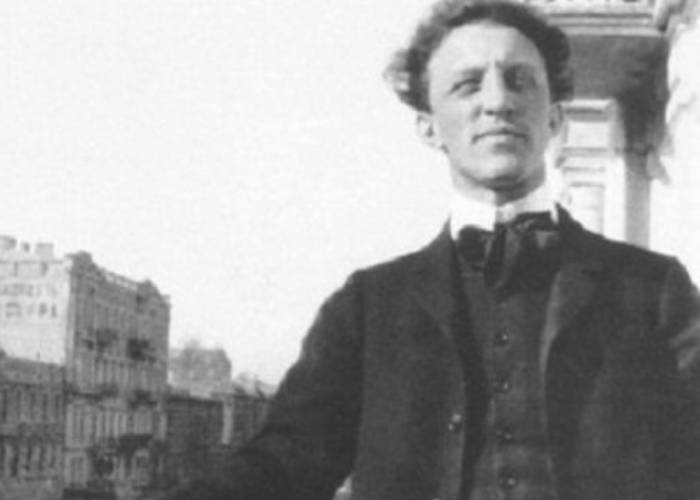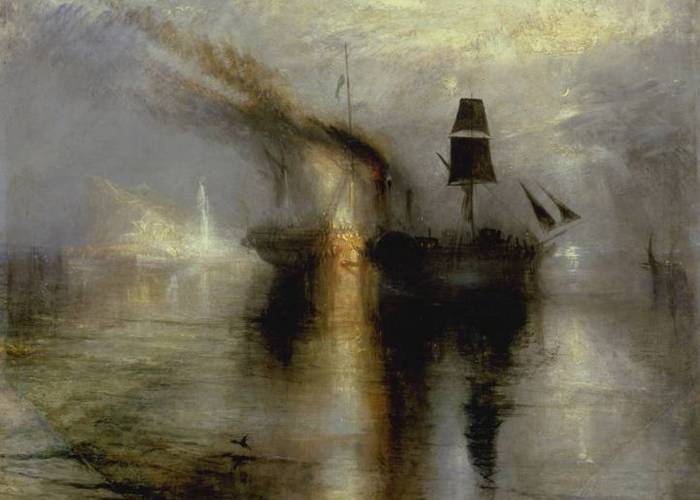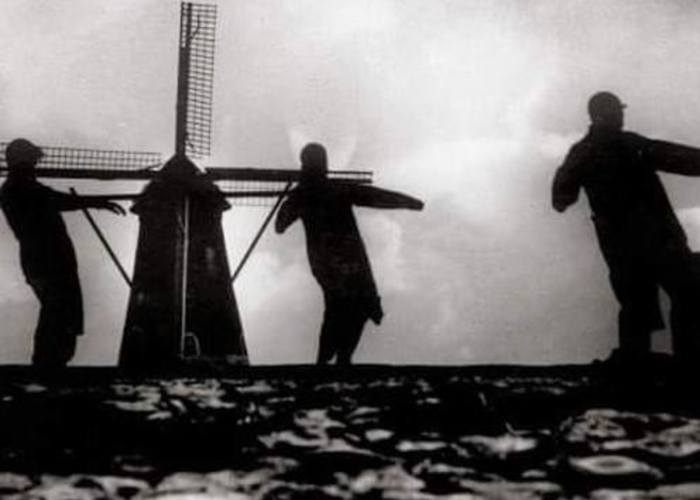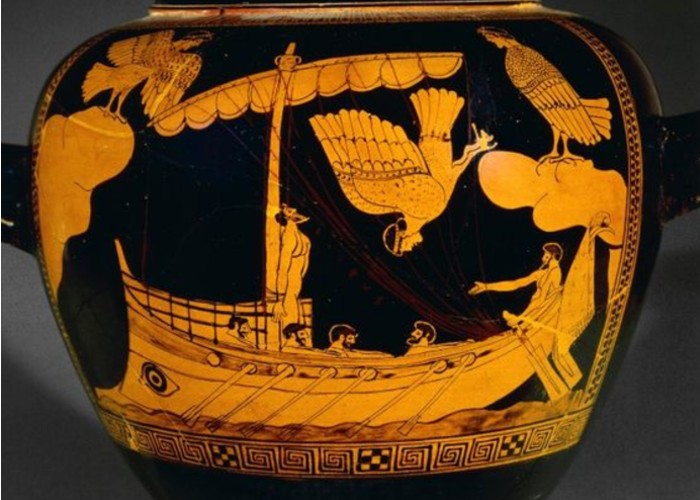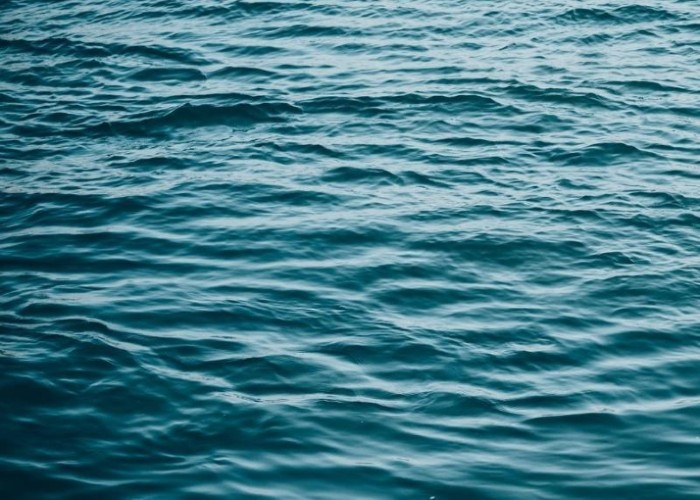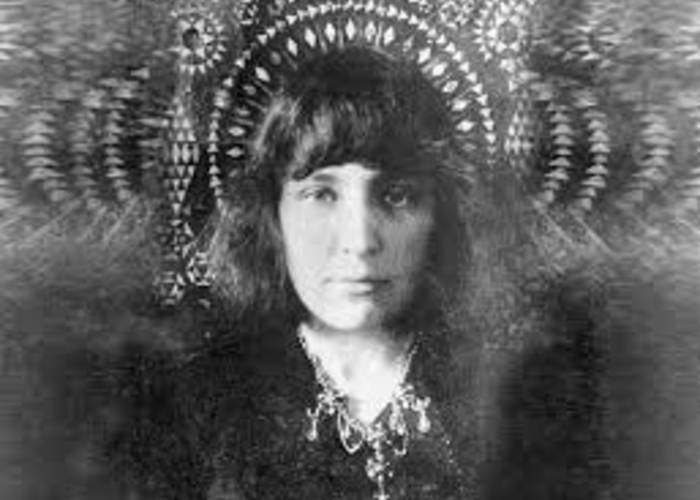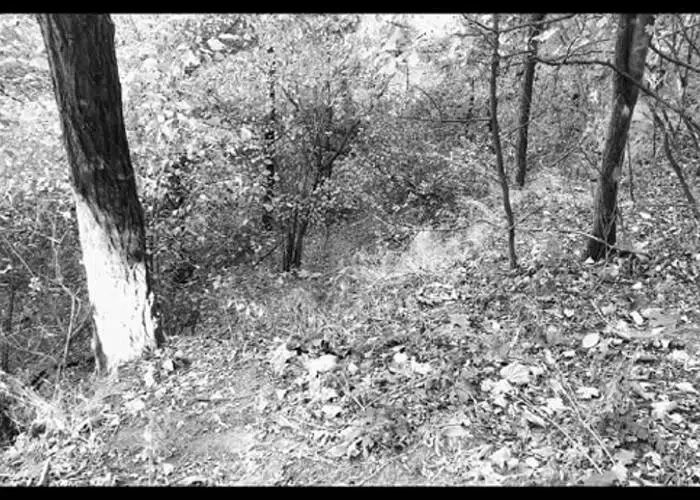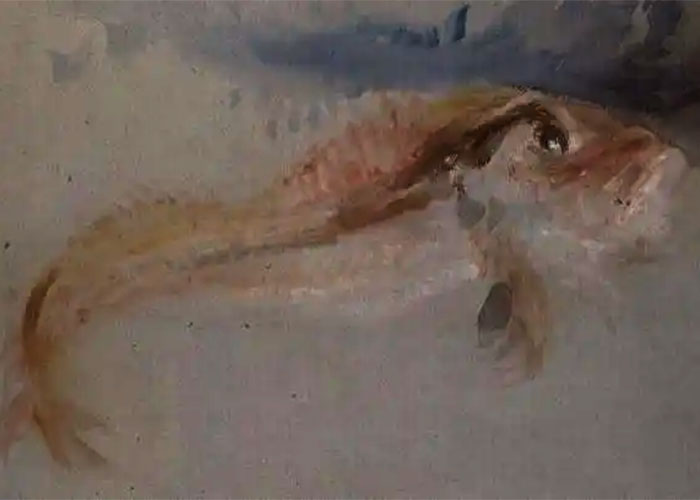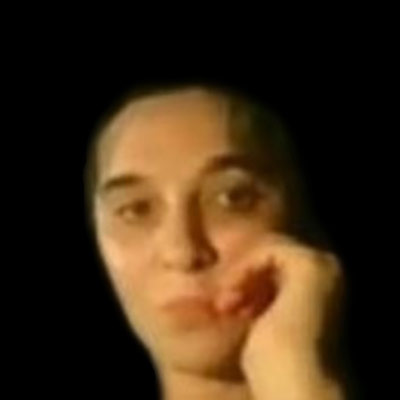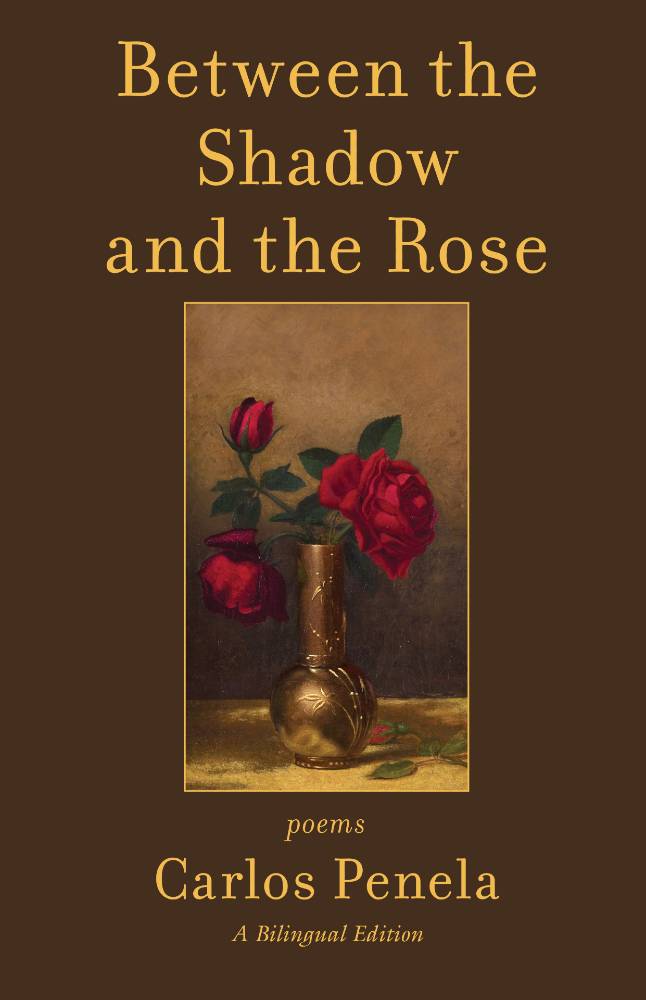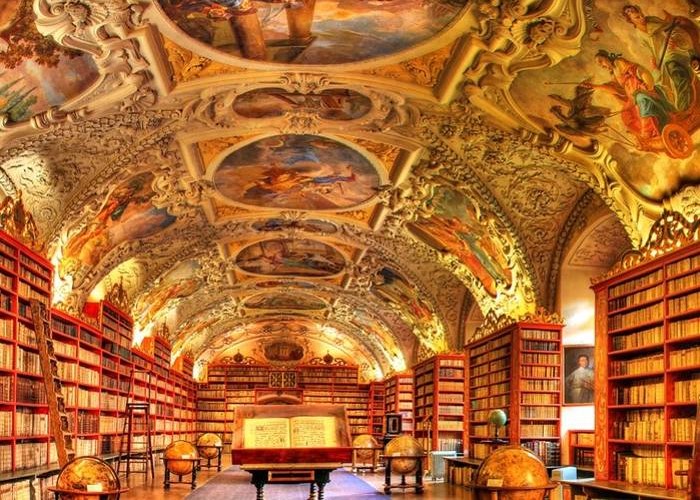Where are you jews of the levant the wise men of megrib
where are you theologians of incomparable cappadocia
wisdom floats in a sea of sorrow like an ancient fish
four-legged fish of the past must have looked like this
there used to be scribes who counted letters in words
and commentators who interpreted numbers instead of meaning
because the meaning is buried in the ground
and nonsense hangs like a rainbow overhead
every hunter wants to know where the pheasants sit
every hunter goes ahead with a loaded shotgun
every punisher wants to know where the partisans hide
every fool thinks he was created in the image and the likeness
everyone believes the Eternal Master sculpted him
from the dust of the earth with his own hands
and the fish of wisdom in a sea of sorrow hesitates
floating away from us moving its four fins
* * *
где вы евреи леванта где мудрецы мегриба
где богословы несравненной каппадокии
мудрость плавает в море печали как древняя рыба
почти что четвероногая раньше были такие
раньше были писцы считавшие буквы в слове
и комментаторы толковали не смысл а числа
потому что смысл похоронен в земле в основе
а бессмыслица радугой над головой повисла
каждый охотник желает знать где сидят фазаны
каждый охотник идет напролом с ружьем заряженным дробью
каждый каратель желает знать где сидят партизаны
каждый глупец считает что создан по образу и подобью
каждый считает что его из праха земного
лепил Предвечный Мастер своими руками
и рыба мудрости в море печали помедлив немного
уплывает от нас шевеля четырьмя плавниками
